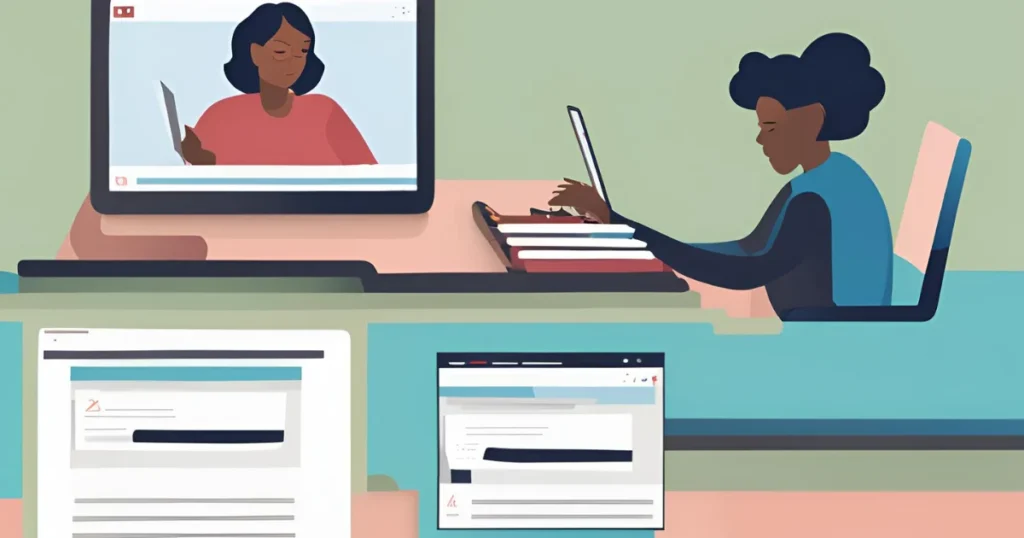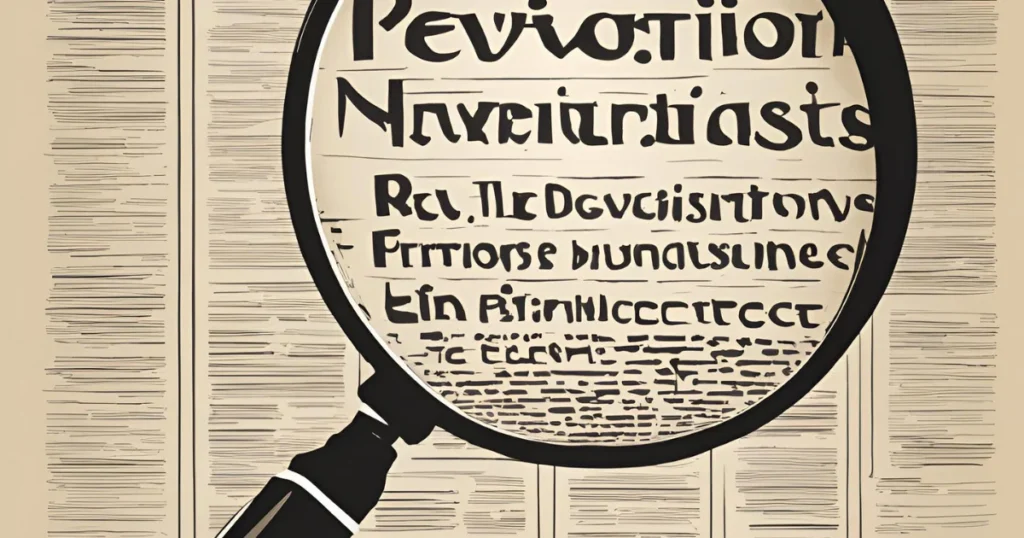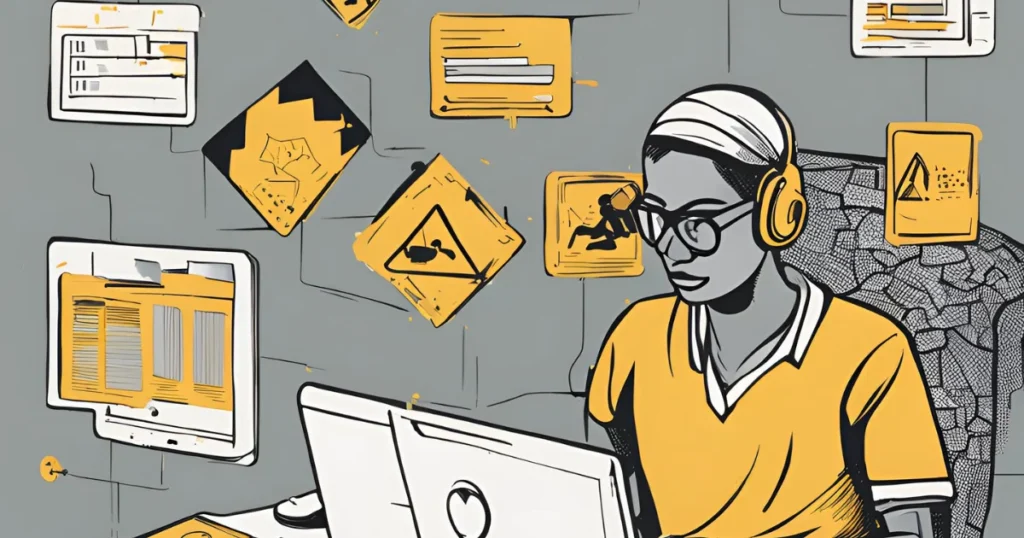Using ChatGPT to write an essay without plagiarizing is not only possible but also highly effective when done responsibly.
By treating ChatGPT as a supportive tool rather than a crutch, you can enhance your writing process while maintaining academic integrity.
In this article will provide you with essential strategies and best practices to use ChatGPT ethically, ensuring that your essays reflect your unique voice while leveraging AI technology effectively.
Understanding Plagiarism
Plagiarism is the act of presenting someone else’s work, ideas, or expressions as your own without proper acknowledgment.
In academic settings, the consequences of plagiarism can be severe, ranging from failing grades to expulsion.
It’s essential to grasp that using AI-generated content can easily lead to unintentional plagiarism if not handled properly.
Common Misconceptions: One common misconception is that AI-generated content is entirely original. While ChatGPT can create text based on prompts, the output may contain similarities to existing sources. Understanding this risk is crucial for maintaining academic integrity.
How ChatGPT Can Aid Essay Writing
Brainstorming Ideas
Using ChatGPT can be an excellent way to generate ideas for your essay. By providing prompts like, “What are the main themes in [your topic]?” or “What arguments can I make for/against [your thesis]?”, you can stimulate your creativity and explore various angles.
Structuring Your Essay
Once you have your ideas, ChatGPT can assist in outlining your essay. Ask it to provide a basic structure, like this: “Give me an outline for an argumentative essay on [topic].” This will help you organize your thoughts logically and coherently.
Best Practices for Using ChatGPT

Prompt Crafting
Creating effective prompts is critical to obtaining applicable content from ChatGPT. Be specific in your requests. Instead of saying, “Tell me about climate change,” try “What are three key impacts of climate change on global agriculture?” This specificity will yield more relevant and targeted responses.
Paraphrasing and Summarizing
When you receive information from ChatGPT, it’s essential to rewrite it in your own words. Paraphrasing not only helps avoid plagiarism but also ensures that the content reflects your unique voice. If you use a phrase directly, make sure to provide proper attribution.
Citing Sources
If you incorporate ideas or data from ChatGPT, cite your sources accurately. Depending on your academic field, this may involve APA, MLA, or Chicago styles. Remember, failing to credit sources can lead to accusations of academic dishonesty
Editing and Reviewing Your Work

After drafting your essay with the help of ChatGPT, take time to review and revise.
Look for grammar mistakes and coherence issues, and ensure that your arguments are well-supported. Using tools like Grammarly or Hemingway can help refine your writing.
Additionally, consider running your work through a plagiarism checker to confirm its originality before submission.
Risks and Limitations of Using ChatGPT
While ChatGPT can be a fantastic aid, it has limitations. It may provide content that needs more depth or critical analysis, which are vital in academic writing.
Relying too heavily on AI can hinder your writing skills and critical thinking abilities.
Conclusion
Using ChatGPT to write essays can significantly enhance your writing process when done ethically and responsibly.
By understanding plagiarism and following best practices for using AI, you can create original, well-structured essays that showcase your voice and ideas.






